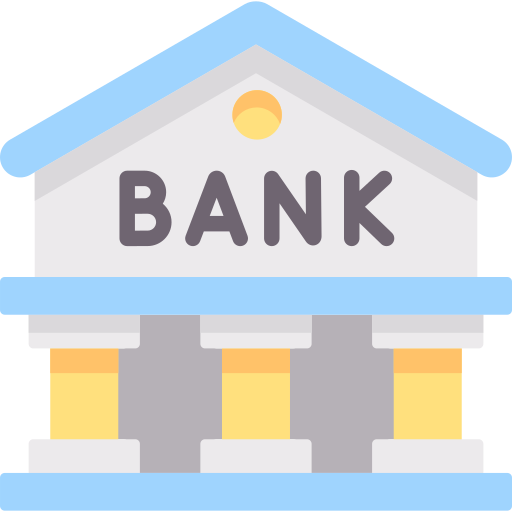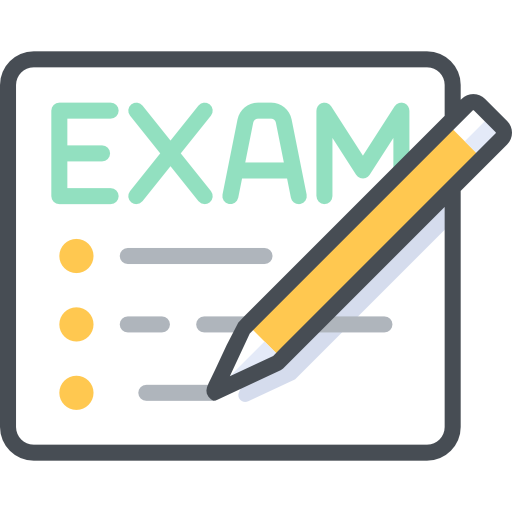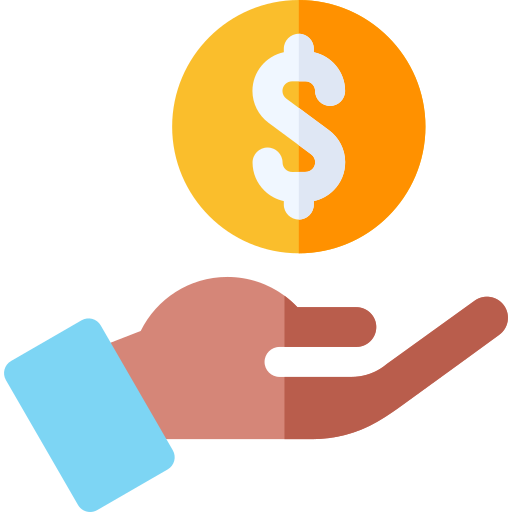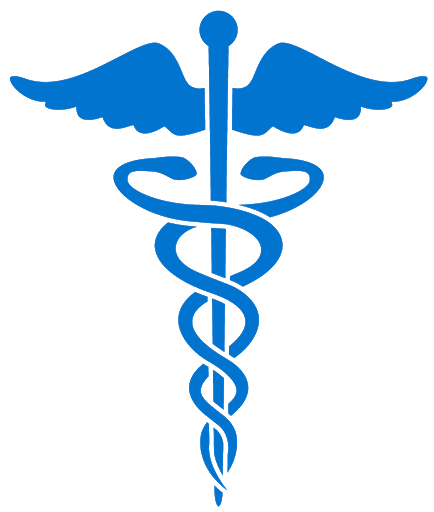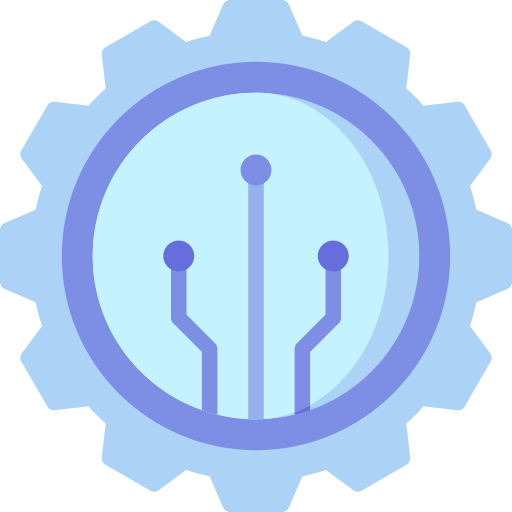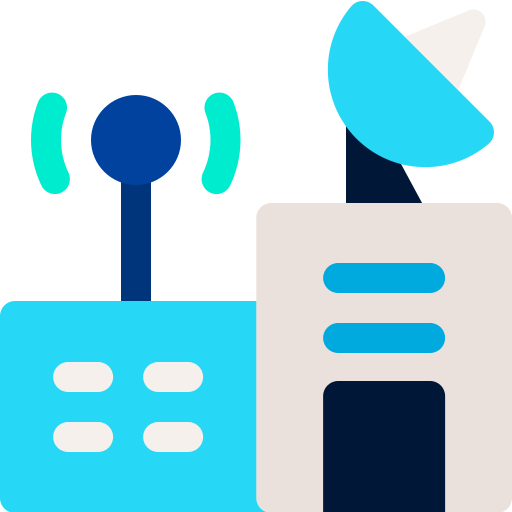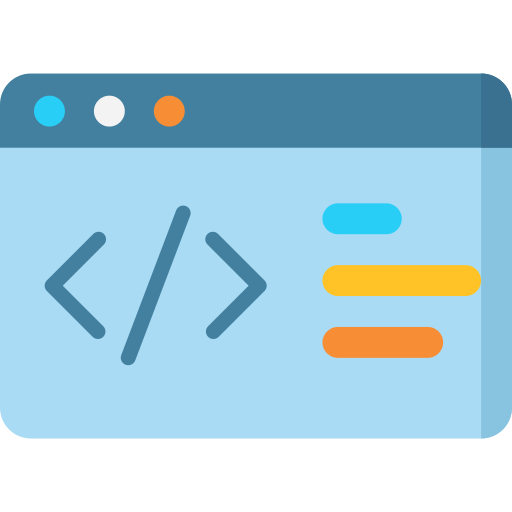ATM : Automated Teller Machine
Banking
What is the full form of an ATM?
The full form of ATM is the Automated Teller Machine.
ATM is an electro-mechanical machine that is utilized for making monetary exchanges from a ledger. These machines are utilized to pull out cash from individual financial balances.
This makes the financial cycle exceptionally simple on the grounds that these machines are programmed and there is no requirement for a human clerk for exchanges. The ATM machine can be of two kinds; one with essential capacities where you can pull out money and another with further developed capacities where you can likewise store money.
Essential ATM Parts
The ATM is an easy-to-use machine. It highlights different information and yields gadgets to empower individuals to handily pull out or store cash. The fundamental info and yield gadgets of an ATM are given below.
Information Devices in ATM:
Card Reader: This information gadget peruses the information of the card which is put away in the attractive stripe on the posterior of the ATM card. At the point when the card is swiped or embedded into the given space, the card peruser catches the record subtleties and passes them to the worker. Based on record subtleties and the orders got from the client, the worker permits the money allocator to administer the money.
Keypad: It causes the client to give the subtleties asked by the machine-like individual ID number, a measure of money, receipt required or not, and so forth The PIN number is sent in the encoded structure to the worker.
Yield Devices in ATM:
Speaker: It is given in the ATM to deliver sound criticism when a key is squeezed.
Show Screen: It shows the exchange related data on the screen. It shows the means of money withdrawal individually in succession.
Receipt Printer: It furnishes you the receipt with subtleties of exchanges imprinted on it. It discloses to you the date and season of the exchange, the withdrawal sum, balance, and so forth
Money Dispenser: It is the principle yield gadget of the ATM as it administers the money. The high accuracy sensors gave in the ATM permits the money allocator to apportion the right measure of money as needed by the client.
How ATM function?
To begin the working of the ATM, you need to embed plastic ATM cards inside the ATM machines. In certain machines you need to drop your cards, a few machines permit trading of cards. These ATM cards contain your record subtleties and other security data as an attractive strip. At the point when you drop/trade your card, the machine gets your record data and requests your PIN no. After the fruitful validation, the machine will permit monetary exchanges.
What ATM does?
Presently a day, ATM has a ton of functionalities alongside their essential utilization of money administering. Some of them are:
- Money and check store
- Asset move
- Money withdrawal and equilibrium request
- PIN change and smaller than a normal proclamation
- Bill installments and versatile energize and so forth
The main ATM was utilized to apportion money for clients by Chemical bank in New York (USA) in 1969.
Note: PIN is a 4 digit security number gave by the bank on the ATM card. The PIN number is inconsistent, you can transform it as indicated by your comfort.
Significant/Interesting Facts about ATM
Who is the innovator of ATM?
The innovator of ATM: John Shepherd Barron.
What is the ATM Pin Number?
John Shepherd Barron thought to keep a 6 digits pin number for the ATM, however, it was difficult for his significant other to recollect a 6 digits pin so he chose to set up a 4 digits ATP pin number.
World's first ATM:
the first ATM (automated teller machine) was opened on June 27, 1967, at a branch of Barclays Bank in Enfield, north London, the first of six cash dispensers commissioned by the bank.
India's First ATM:
HSBC (Hongkong and Shanghai Banking Corporation) introduced the ATM concept in India in 1987. The first ATM was set up in Andheri East, Mumbai.
First Person to use ATM:
The acclaimed parody performer Reg Varney was the primary individual to pull out cash from the ATM.
ATM without an Account:
In Romania, which is a European country, one can pull out money from an ATM without having a record.
Biometric ATM:
Biometric ATMs are used in Brazil. As the name suggests, the customer is expected to inspect their fingers at these ATMs before pulling out money.
World's Highest ATM:
It is presented in Nathu-La in a general sense for the military personals. Its stature is 14,300 feet above sea level and is worked by Union Bank of India.
Suggestions:
| Acronym | Full Form |
|---|---|
| ADB | Asian Development Bank |
| CBI | Central Bank of India |
| ECS | Electronic Clearing Service |
| ESI | Employees' State Insurance |
| HDFC | Housing Development Finance Corporation |
| HSBC | Hong-Kong and Shanghai Banking Corporation |
| ICICI | Industrial Credit and Investment Corporation of India |
| IDBI | Industrial Development Bank of India |
| IFSC | Indian Financial System Code |
| INR | Indian Rupee |
| IRDA | Insurance Regulatory and Development Authority |
| NEFT | National Electronic Funds Transfer |
| PAN | Permanent Account Number |
| PO | Post Office |
| PO | Probationary Officer |
| RBL | Ratnakar Bank Limited |
| RTGS | Real-Time Gross Settlement |
| SEBI | Securities and Exchange Board of India |
| SIDBI | Small Industries Development Bank of India |
| TDS | Tax Deducted at Source |
| UCO | United Commercial Bank |
| IBPS Clerk | Institute of Banking Personnel Selection Clerks |
| IBPS PO | Institute of Banking Personnel Selection Probationary Officer |
| IBPS SO | Institute of Banking Personnel Selection Specialist Officer |
| IBPS RRB | Institute of Banking Personnel Selection Regional Rural Banks |
| SBI Clerk | State Bank of India Clerk |
| SBI PO | State Bank of India Probationary Officer |
| SBI SO | State Bank of India Specialist Officer |
| RBI Recruitment | Recruitment Reserve Bank of India Recruitment |
| RBI Grade B | Reserve Bank of India Grade B |


